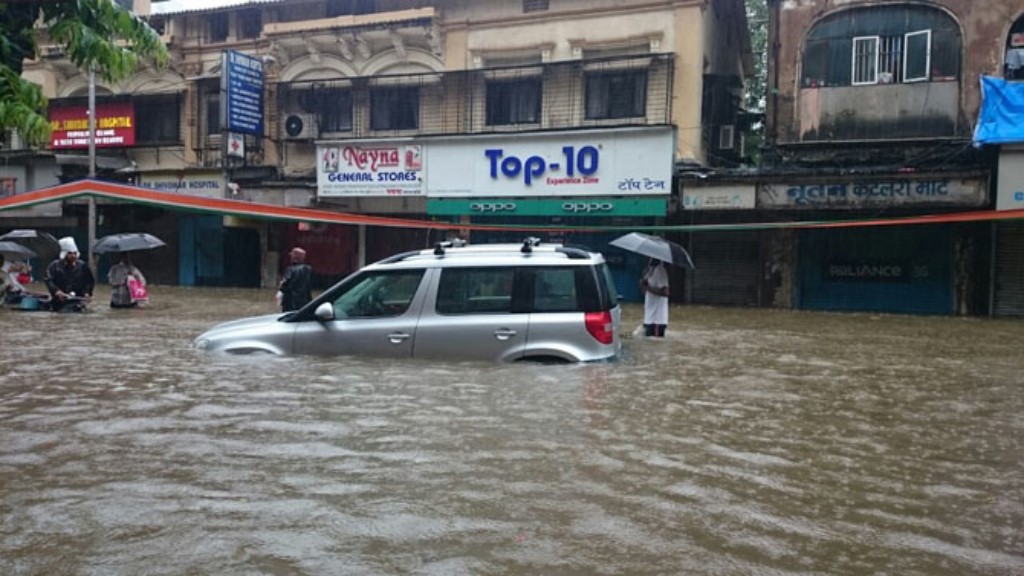
India, with its diverse climatic conditions, often faces the challenge of heavy rainfall and floods, like recently in Chennai and the adjoining areas due to the Cyclone Michaung. As a car owner, it is crucial to be prepared for such situations to minimise damage and ensure the safety of your vehicle. Additionally, understanding the fate of flood damaged cars in India can provide valuable insights into the aftermath. Here’s a comprehensive guide on what to do with your cars during floods and the fate of flood damaged cars in India.
- Preventive Measures During Floods:
– Early Evacuation: When flood warnings are issued, prioritise moving your vehicle to higher ground or a secure location. This prevents water damage and potential engine issues.
– Seal the Car: Ensure all windows and doors are tightly sealed to prevent water from entering the vehicle. Use waterproof covers if available.
– Disconnect the Battery: Disconnect the car battery to prevent electrical damage. This also reduces the risk of short circuits during floods.
– Use Sandbags: Placing sandbags around your car can help divert or absorb water, providing an additional layer of protection. - Post Flood Inspection:
– Wait for Clearance: Avoid attempting to start the car immediately after the flood. Wait until the water has receded and the area is safe.
– Check Fluid Levels: Inspect oil, brake fluid, transmission fluid and coolant for contamination. If any fluids appear muddy or discoloured, seek professional assistance.
– Inspect the Interior: Check the interior for water damage, including the carpet, seats, and electrical components. Mold and mildew can develop if the interior is not thoroughly dried.
– Engage Professionals: If in doubt, consult a qualified mechanic or the car manufacturer for a thorough inspection. They can assess the extent of damage and recommend appropriate repairs. - Insurance Claims for Flood Damaged Cars:
– Comprehensive Coverage: Comprehensive insurance typically covers flood damage. File a claim with your insurance provider promptly, providing all necessary documentation, including photographs of the damage.
– Insurance Inspection: An insurance representative will inspect the vehicle and assess the damage. Based on their findings, they will determine the compensation for repairs or declare the car a total loss.
– Salvage Title: If the car is declared a total loss, it may receive a salvage title. This indicates that the vehicle has sustained significant damage and its resale value may be affected. - Fate of Flood Damaged Cars in India:
– Auction and Salvage Yards: Flood damaged cars that are deemed irreparable are often sold at salvage auctions or to salvage yards. These vehicles may be stripped for parts or rebuilt for resale.
– Scrap and Recycling: Some flood damaged cars end up being scrapped for metal and other materials. Recycling helps in minimising environmental impact and repurposing salvageable components.
– Illegal Resale: Unfortunately, a portion of flood damaged cars may enter the market through illegal channels. Buyers should exercise caution and thoroughly inspect the vehicle’s history before making a purchase.




